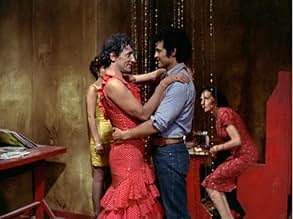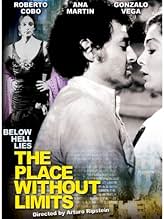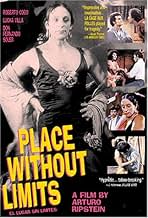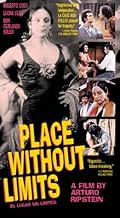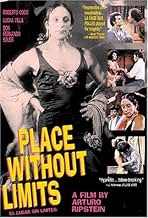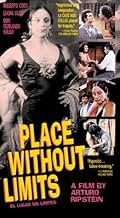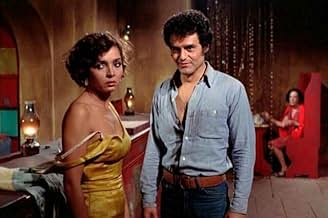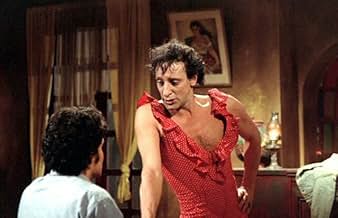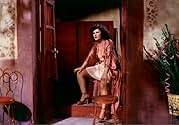Considering that this film was made in 1978 when no one - especially no one in Mexico - was making films about gay men, this film is remarkable for the way it presents a critique of macho culture. La Manuela, played brilliantly by Roberto Cobo, doesn't want to be a man because she doesn't want to be a "bruto," an animal. Pancho and his brother in law, Octavio, represent everything that's wrong with Mexican men. They are obsessed with appearing "manly" in the eyes of the world. They treat women like objects, they are violent, and they like to control other people. Pancho is especially pathetic because he is obviously attracted to la Manuela but can't admit it. On the other hand, la Manuela is very honest and open about who she is and what she wants. She doesn't care if people make fun of her and call her names. She is kind, supportive, and in decisive moments, brave. In case you're thinking this is a male-bashing film, it's not. Don Alejo, the aging cacique (boss) of the town is an old fashioned patriarch who has his flaws, but he is not threatened by men like la Manuela. He doesn't pass judgment on people and he recognizes wrongdoing when he sees it. He suggests that there are other ways to be a man in Mexico, and that people like Pancho and Octavio are threats to society. The relationship between la Manuela and her daughter, Japonesita, is sweet and touching, like the mother and daughter roles in a 1940s melodrama, but with a modern twist! Although la Manuela sometimes acts campy and parodies female behavior, it is clearly just part of the spectacle or show. When she's not on stage, she's down to earth and practical, like any of the other "girls" who work in the brothel. This film shows the seamy side of life in a small town, but ultimately suggests that the people who live and work in the brothel are more honest and sincere than those who belong to the so-called "respectable" outside world. Roberto Cobo is perfect in the role because he's not beautiful or feminine looking, but he knows how to seduce with words and gestures. The final "dance of the kiss" is hypnotic, and it's easy to forget that he's not a "real" woman as he dances for Pancho. Running like a thread through the whole film is a commentary about how life in Mexico is changing and how small town life is disappearing. It's a great film, well worth seeing, the best film coming out of Mexico in the 1970s, without a doubt.

